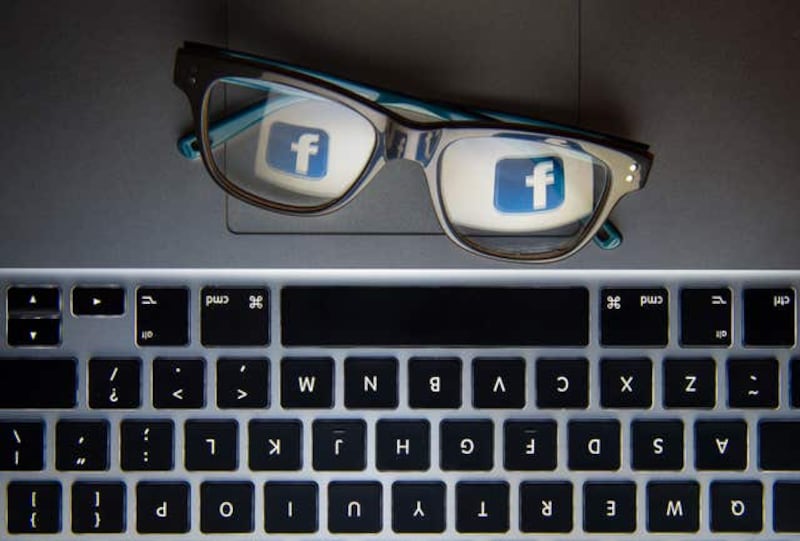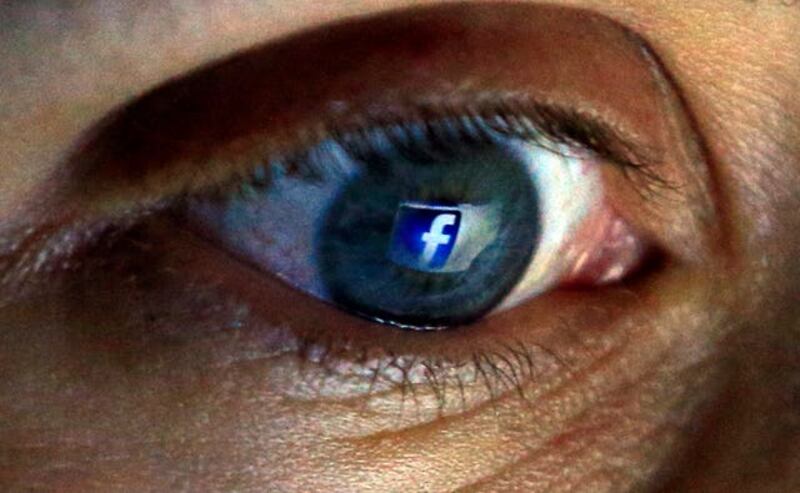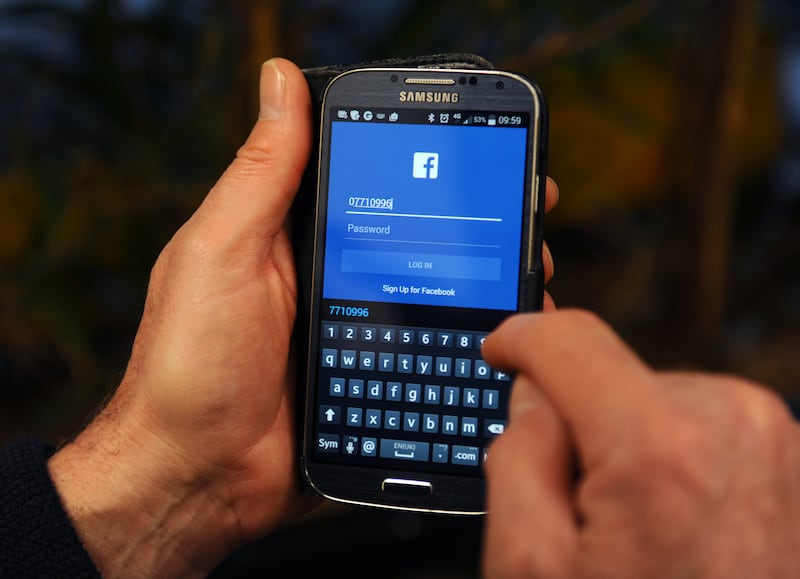Men’s narcissistic tendencies explain why they are more likely than women to troll on Facebook, researchers say.
The claim comes from an all-female team of psychologists who argue that the anti-social and potentially harmful personality disorder is a mostly male trait.
It is narcissism that accounts for the greater number of aggressive and abusive Facebook messages posted by men, they allege.
In contrast, women are said to use the social media site “pro-socially” to enhance their sense of belonging.

The team led by Dr Nelli Ferenczi, from Goldsmiths, University of London, said: “The link between narcissism and stronger anti-social Facebook use might be connected with the general tendency of narcissists to hold extremely positive opinions of themselves which may alienate others.
“By posting self-promoting content on Facebook, narcissists may seek to cultivate an online profile which attracts admiration and views but ultimately isn’t really concerned with pro-social outcomes.”
The psychologists, who also included Dr Tara Marshall and Dr Kathrine Bejanyan, both from Brunel University, pointed out that previous studies had found higher levels of narcissism in men.
Previous research had also shown that men were more likely to engage in “cyber-bullying” on Facebook and online trolling in general.

Narcissism is a recognised personality disorder characterised by a misplaced sense of superiority and entitlement, exaggerating achievements and talents, an unwillingness to recognise the feelings and needs of others, and needing to be constantly admired.
The new claims are based on results from an online survey involving more than 570 US men and women, each of whom had an average of 304 Facebook friends.
Participants were asked to rate themselves on a 12-point narcissistic personality scale, and also on a “self-construal” scale that highlighted the importance of personal relationships.
Another part of the survey investigated the extent to which Facebook users used the social media platform anti-socially – for instance to “show off” or “be mean” – or pro-socially to “keep in touch” or “show support for others”.

The scientists wrote: “Sex differences in Facebook use may be a further reflection of the pervasiveness of gender stereotypes in the behaviours of men and women.
“In terms of greater narcissism, one explanation may be that as a result of stereotypes, characteristics such as competitiveness, assertiveness, need for achievement and dominance, tend to be encouraged in the socialisation of men and punished in women.
“The reverse holds true for communal characteristics, such as relational self-construal.”
The researchers acknowledged that the findings could be affected by bias because they were based on self-reported answers.
The research is published in the journal Computers in Human Behaviour.








